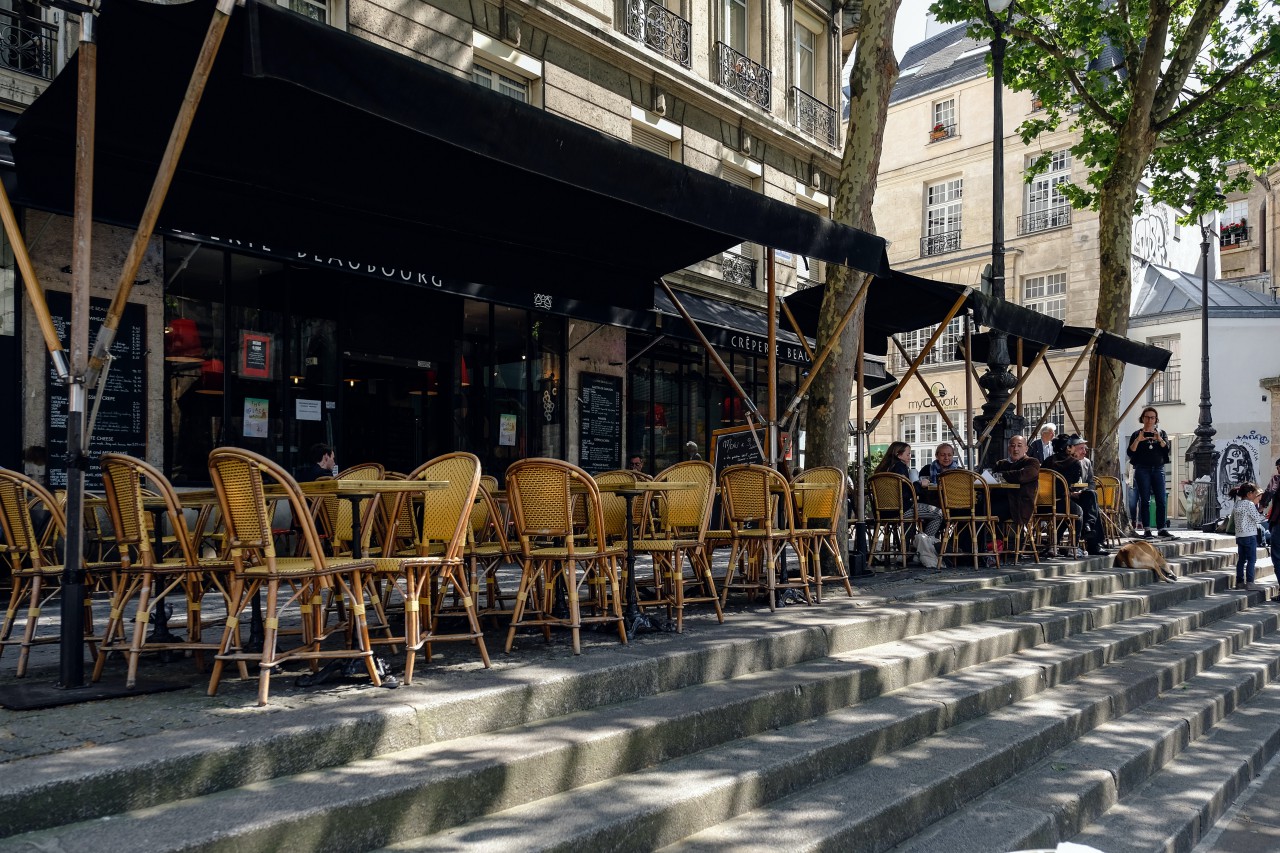Title III: Public Accommodations Who is and who isn’t regulated by Title III?
Title III: Public Accommodations Under Title III of the Americans with Disabilities Act (the “ADA”), privately owned facilities and business are prohibited from discriminating against people with disabilities. The ADA requires business to provide reasonable accommodations to ensure that facilities are accessible to people with disabilities.
Who is and who isn’t regulated by Title III?
Title III under the ADA extends to private entities; this includes businesses and facilities that are open to the public. Title III also covers private transportation companies. State and local government entities are public entities covered by Title II of the ADA, and not Title III. Religious entities are exempt from the requirements of Title III of the ADA. However, if it has enough employees to meet the requirements under Title I (employers), the religious entity would be subject to certain employment obligations under Title I under the ADA. The exemption on religious entities covers all activities of a religious entity, whether religious or not. For example, a religious organization may operate a day care and private elementary school for members and nonmembers alike; Even though these facilities would regularly be considered places of public accommodation, they are still exempt from Title III.
Title III of the ADA does not cover areas that are strictly residential, such as houses, condominium complexes, and apartment buildings. However, any place of public accommodation within those residential facilities are in fact covered by Title III. An apartment complex with a pool that sells “membership” tickets to the public classifies the pool as a place of public accommodation; a private residential apartment building that rents office space also classifies the rental office as a place of public accommodation. The pool and rental office would be covered by Title III and required to follow ADA rules. However, a ballroom in an apartment building whose policy it is to restrict use of the room to owners, residents, and guests, is not a place of public accommodation because this room is generally not held open to the public.
What about my local country club? Is that covered by Title III?
Protections under Title III of the ADA do not usually apply to “private clubs.” In order for a private club to be exempt from compliance under Title III of the ADA: its members must exercise a high degree of control over the club; the membership selection process must be highly selective; substantial fees are charged; the entity must be operated on a nonprofit basis; and the club must not be founded specifically to avoid Federal civil rights law compliance. It is important to note however, that private clubs can lose their exemption in the event they make their facilities available to nonmembers as places of public accommodation. For example, a private country club that rents space to a private day care center that also serves nonmembers would be exempt from the ADA for all other operations, except the day care operations that are open to the public.

